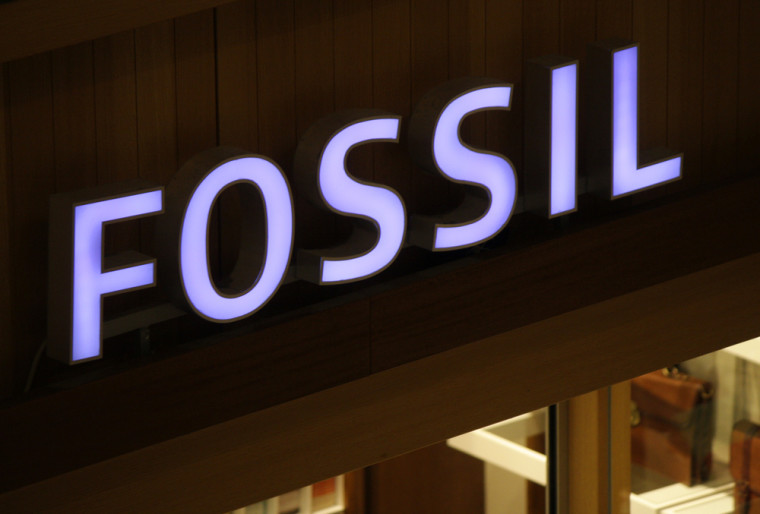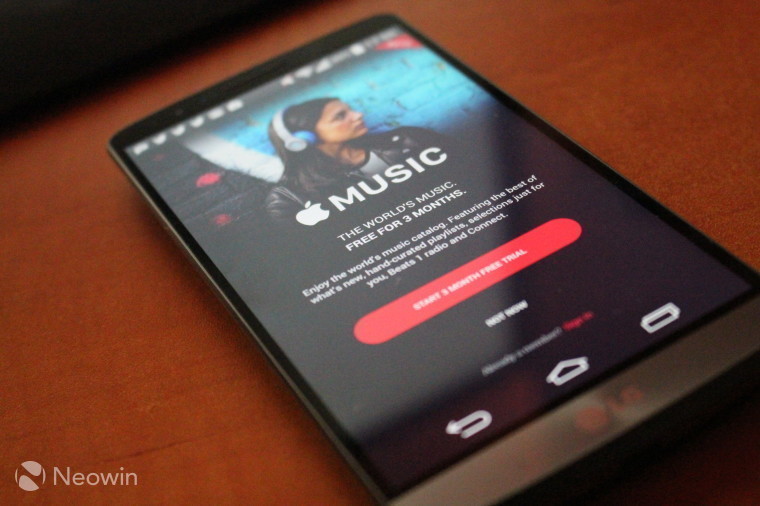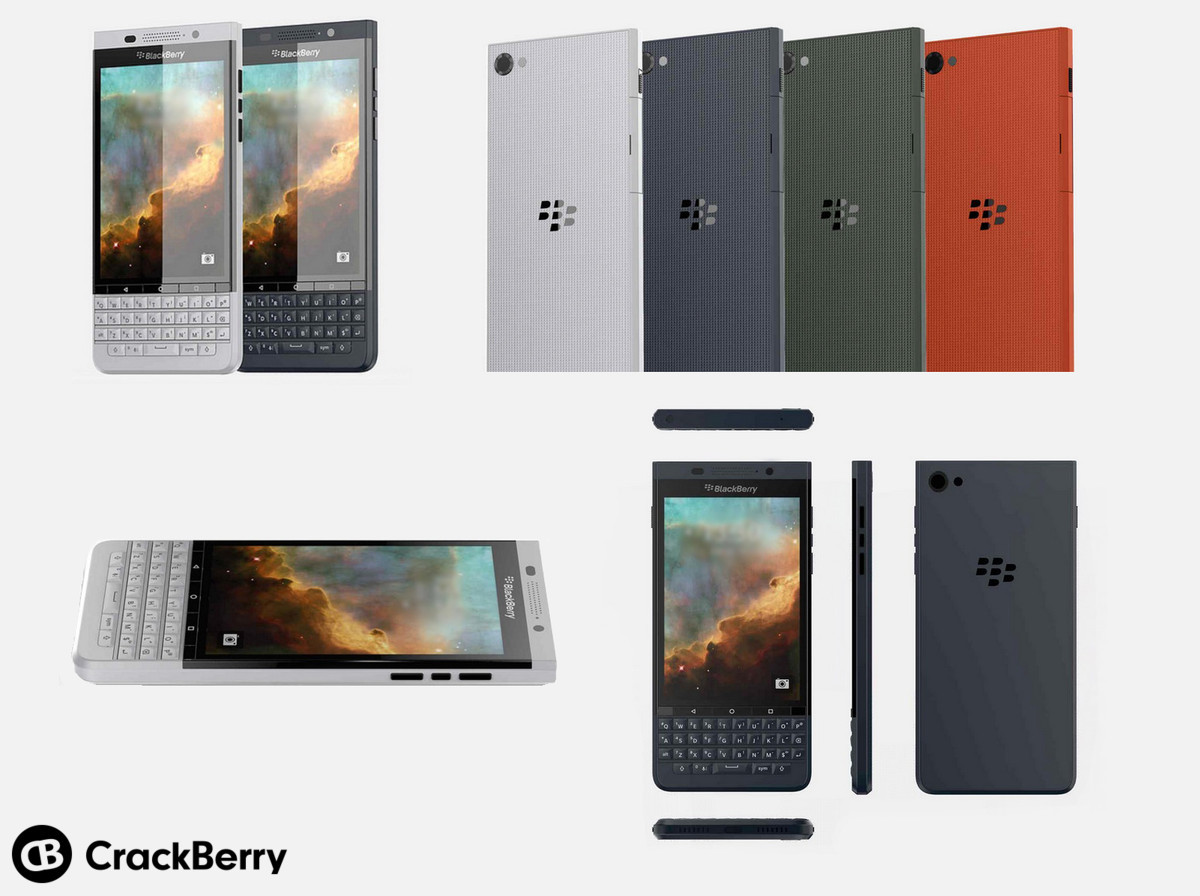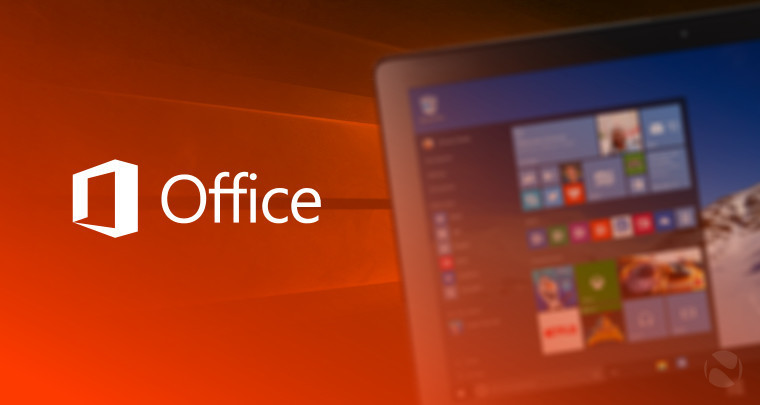7 Days is a weekly round-up of the Editors' picks of what's been happening in the world of technology - written with a dash of humor, a hint of exasperation, and an endless supply of (Irish) coffee.

It’s been another action-packed week across the tech world, crammed full of official announcements, spicy rumors and intriguing insights. But while there's been plenty to talk about from a wide range of companies in recent days, one topic has dominated much of the week's news agenda: Windows 10, in many of its different forms. But don’t worry if you think you might have missed something, for 7 Days is here again to guide you through the week’s top tech news.

However, we begin this week, not with Windows 10, but with watchmaker Fossil, which announced on Friday that it is acquiring wearable device specialist Misfit in a deal worth $260 million. The purchase is a significant step for Fossil, helping them to accelerate their smart device plans.

T-Mobile USA announced the latest addition to its successful ‘Un-carrier’ movement on Tuesday, although not everyone is happy about it – and we’re not just talking about its rivals at AT&T, Verizon and Sprint. While many welcomed the larger data bundles it announced, some concerns have been raised over its new ‘Binge On’ feature, which will allow users to access various video services – including Netflix, HBO NOW, Hulu and many others – without eating into their data allowances each month.
But critics pointed to the absence of other popular services from T-Mo’s lineup, including YouTube, as evidence that this could be a bad thing for the net neutrality movement.

Meanwhile, chipmaker AMD is facing a class action lawsuit over claims that it falsely advertised the number of cores in its Bulldozer processor range.

But the news was more positive from mobile chip specialist Qualcomm, which formally announced its Snapdragon 820 processor this week. The new chip will eventually replace the Snapdragon 810 – which was mired by persistent claims of serious overheating – as the go-to choice for many mobile flagships.

Google announced plans to drop support for its Chrome web browser on older versions of Windows and Apple’s OS X this week. The news didn’t really come as a shock, as the company had already extended its support for the ageing Windows XP by several months, but it has now confirmed final cut-off dates for XP and Vista, as well OS X versions earlier than (and including) 10.8.

Apple’s music streaming platform, which it launched earlier this year, is off to a fairly decent start so far, with around 6.5 million people having already signed up. But that number could soon grow considerably, as it’s now launched the Apple Music app on Android – albeit as a beta that is missing some features compared with its iOS counterpart.

BlackBerry has only just launched its first Android handset, the Priv, but it seems that it may already be planning to release a second. Details emerged a few days ago of a new device codenamed ‘Vienna’, which features a fixed QWERTY keyboard, rather than the slide-out version seen on the Priv.

Leading Android vendor Samsung is in a bit of hot water at the moment, after details were published showing the extraordinary ease with which one can bypass the Android Factory Reset Protection feature on its handsets. The feature is intended to prevent devices from being easily reactivated if they’re stolen and sold on, but it appears that Samsung did not implement the protections properly on its devices.

And there was yet more bad news for HTC this week. After recently announcing that it has delayed its wearable device plans – again – it has now delayed shipments of many of its new One A9 handsets, by several weeks for some variants.
In fact, the situation is a good deal more complicated than that, as it seems HTC failed to properly inform customers of when they should expect delivery of certain models at the time they placed their orders; indeed, it appears that HTC has completely bungled the launch of its latest device at a time when it can hardly afford to alienate customers or lose sales.

US buyers on the lookout for an affordable smartphone might want to keep their wallets handy towards the end of this month. Microsoft’s lower-mid-range Lumia 640 – a handset that proved hugely impressive in our review earlier this year – will be available to buy for just $29.99 as part of Best Buy’s Black Friday promotions. Whichever way you slice it, that’s a pretty awesome deal!

The launch of Microsoft’s newest handsets, the Lumia 950 and 950 XL, is now so close that we can almost taste them (although that’s not a requirement of owning one). In the United States, the smaller of the two devices will reportedly go on sale via AT&T on November 20, but the carrier won’t be stocking the XL. However, as Neowin’s Timi Cantisano spotted this week, the Microsoft Store site briefly listed the XL’s price as $584.10 – that’s 10% lower than the full $649 list price originally quoted by the company.
Pre-orders also opened on Microsoft Store Australia, while over in the UK, Amazon slashed its pre-order prices for both devices, undercutting Microsoft’s prices by a considerable amount.
Meanwhile, after saying that pre-orders would resume on its own Store site in the UK next week (after a very brief appearance a couple of weeks ago), Microsoft began accepting pre-orders for the 950 and 950 XL again on Thursday.

UK buyers can currently get their hands on the first-generation Microsoft Band for just £69.99 – that’s £100 less than the health- and fitness-focused wearable device’s original list price - including a free screen protector. Of course, the reason for this is that the company is clearing stocks of the older model, to make way for the Band 2.
.jpg)
And by the way, Neowin editor Anthony Tosie took a closer look at the heart rate data provided by the Band 2 this week, noting some significant differences compared with the data from the original Band. If you're thinking of buying either device, his article is well worth a read.

But there was bad news for Brits hoping to get their hands on Microsoft’s new Surface Book. Company reps confirmed this week that it doesn’t plan to launch the device, which it calls ‘the ultimate laptop’, in the UK until as late as April 2016.

But there was some cause for celebration in the UK this week, as Microsoft launched its Surface Pro 4 tablet there – and indeed, it celebrated in considerable style. The company decided to do something a bit different to mark the launch; rather than simply holding another press conference, it instead teamed up with UK chart-toppers Rudimental, British composer David William Hearn, and artist Will Barras for a unique audio-visual extravaganza - and Neowin was there to enjoy the festivities.

And in yet more Microsoft UK news, the company is reportedly planning to launch a network of ‘experiential’ store-in-store retail spaces across the country. The company had been rumored to open its own flagship store in London in 2013, but it now seems it may be favoring a different retail approach in the UK.

Panasonic unveiled the Toughbook 20 this week, a Windows 10 device which it calls the world’s first rugged detachable laptop. The device appears to be a fiercely robust workhorse, with protections against shock, drop, vibration, humidity, rain, sand, water, dust, massive temperature variations, and “explosive atmosphere”, potentially making it one of the most resilient Windows 10 machines on the market.
_story.jpg)
However, while manufacturers continue to add support for Windows 10, at least two of Microsoft’s top hardware partners have been recommending the removal of the new OS in some support scenarios. Tech support advisers at HP and Dell were found to be advising customers to downgrade to Windows 8.1 to resolve various issues, and some were actively dissuading users from upgrading to Windows 10, citing too many “glitches” in the OS.
With friends like that...

But Microsoft will be hoping that its efforts to improve the OS further have paid off with the long-awaited release on Thursday of its first major update to Windows 10 since its launch in July. The ‘November update’ – known also to Insiders as ‘version 1511; build 10586.3’ – brings a range of new features, including a preview of the new integrated Skype messaging experience. But Microsoft has also worked hard to optimize the OS, adding some serious polish to the user experience, and promising a big boost in performance.

Indeed, the company is now so confident that Windows 10 is ready for anything, that it’s now making a full-throated declaration to business and enterprise customers that it’s time to upgrade.

And that wasn’t Microsoft’s only major software launch this week. The company also rolled out its greatly-anticipated New Xbox One Experience, based on Windows 10:
- The New Xbox One Experience is now available
- How to play Xbox 360 games on your Xbox One
- What to expect from the New Xbox One Experience
- A closer look at the new OneGuide
- What does Windows 10 bring to the Xbox platform?

Some reports had confidently predicted in recent days and weeks that Microsoft would also launch Windows 10 Mobile on Thursday, November 12 – a prediction that never really made any sense, given that the final pre-release build of the OS still hasn’t been tested by Windows Insiders. However, Microsoft has said that a new build is coming in “a few more days”, so there shouldn’t be too much longer to wait.

However, you can get a glimpse of the near-final build of Windows 10 Mobile in an emulator of build 10586 available via the Microsoft site.

Speaking of emulators, there’s bad news for those awaiting the Project Astoria ‘bridge’ that’s designed to allow Android apps to run on Windows 10 Mobile. Despite Microsoft announcing the project many months ago, it’s reportedly “not going as planned”, and some have claimed that it may even have been shelved.

But those eager to try out some preview software from Microsoft can sign up to a new program, mirroring its Windows Insider efforts. On Friday, it launched the Office Insider program, bringing early access to new versions of the productivity suite for Office 365 subscribers.

Before we wrap things up for another week, let me first encourage you to check out our latest hardware review. The Intocircuit Power Monster 32000 is a mobile powerhouse that contains a colossal 32,000mAh battery to ensure that your devices remain fully juiced up on the go. But is it any good?

And be sure to also take a look at Timi Cantisano’s impressions of the supersized Samsung Galaxy S6 Edge Plus, after a week with the device. What's it like living on the Edge?

But we end this week with devastating news for adult entertainment site Pornhub, which has suffered a big drop in traffic lately. The cause? Blame Fallout 4...
The week ahead
We should finally get our hands on the ‘final’ launch build of Windows 10 Mobile next week, ahead of its official rollout in the coming weeks. And one of the first handsets to come with the new OS pre-installed will (if recent rumors prove accurate) be released in the United States next Friday.
And along with the usual mix of official news, juicy rumors, and intriguing insights, it should be another exciting week!
As ever, there’s plenty more to read across the site – including loads of interesting discussions over on our forums. From all of us on the Neowin team, have a great weekend!




















3 Comments - Add comment